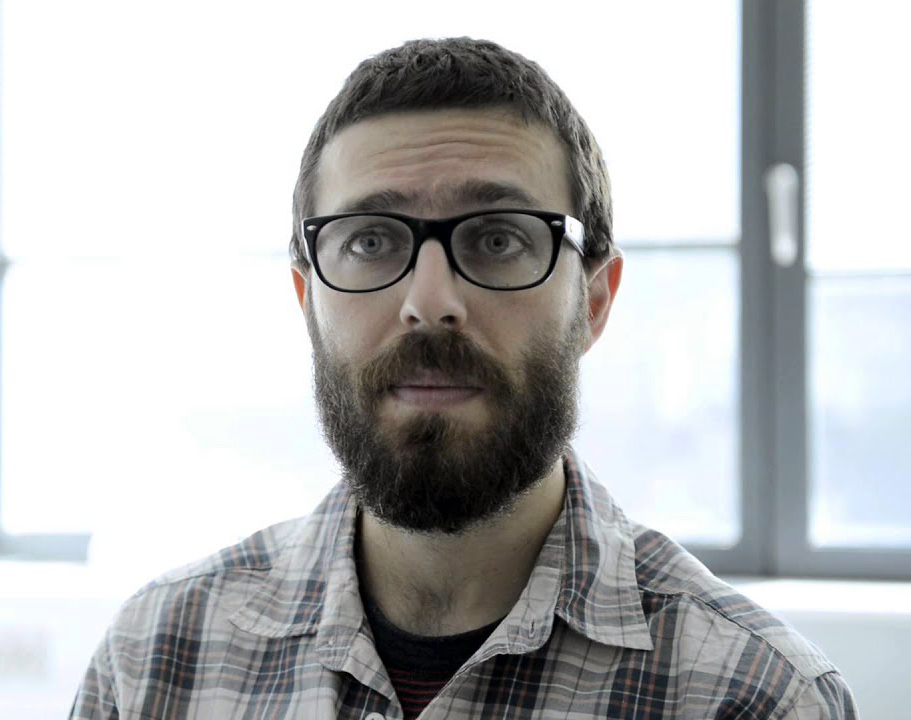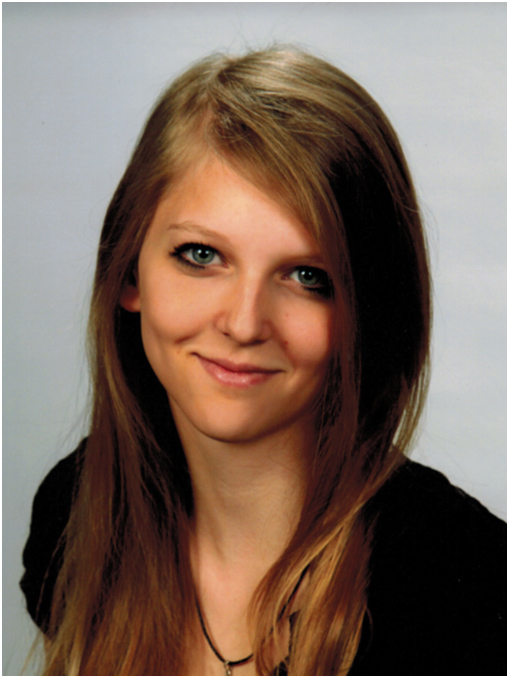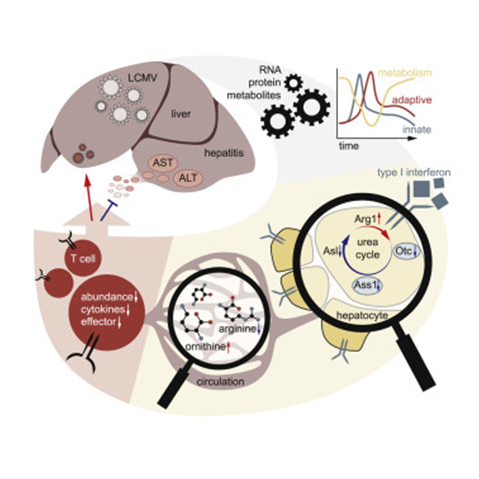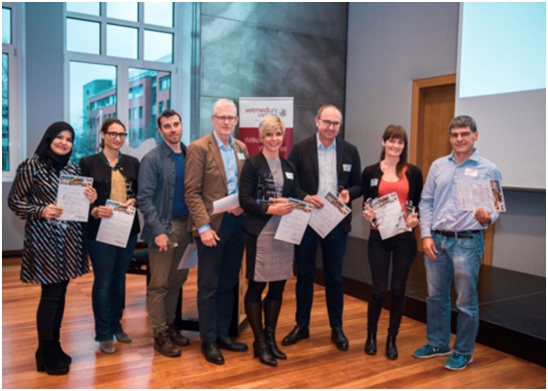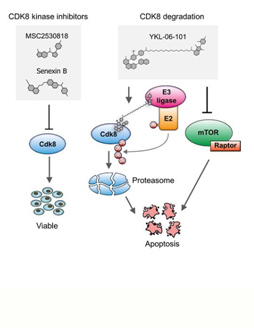The Science Fund FWF supports promising research projects with a total volume of 8.6 million euros, in collaboration with the Austrian Academy of Sciences (ÖAW). This is intended to promote the innovative and interdisciplinary collaboration of outstanding postdoc teams from Austrian universities. One of the approved "Zukunftskollegs" will be carried out by member of the Vetmeduni Vienna in the field of preclinical development of peptide therapeutics for the treatment of autoimmune and inflammatory diseases. The aim is to establish a platform for interdisciplinary drug development and to make drug candidates available for further clinical development.
The "PeptAIDes drug development" (Peptides for the treatment of Autoimmune and Inflammatory Diseases) is one of four approved projects and will be developed by Dagmar Gotthardt (from Veronika Sexl’s group) together with Roland Hellinger (MedUni Vienna), who is responsible for the coordination of the project, Tim Hendrikx (MedUni Vienna), Eva-Maria Zangerl-Plessl and Kirtikumar Jadhav (University of Vienna). “We are proud that one of our young scientists was selected in such an extremely competitive environment with such high demands” said Otto Doblhoff-Dier, Vice Rector for Research and International Relations at the Vetmeduni Vienna. The research platform "PeptAIDes" encompasses the entire range of the scientific disciplines involved in drug development. The aim of the project is to test peptides in preclinical studies for a future use in clinical trial stages.


